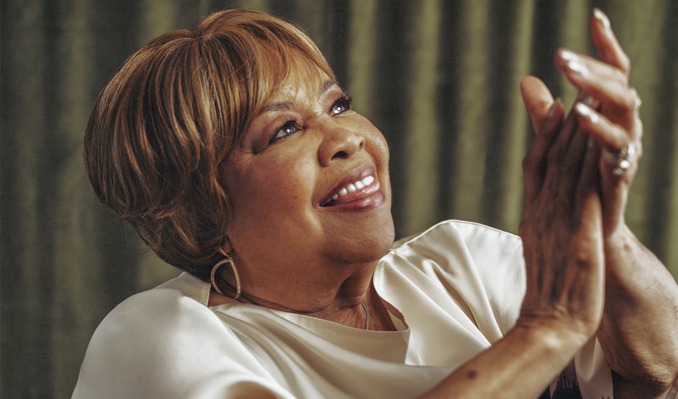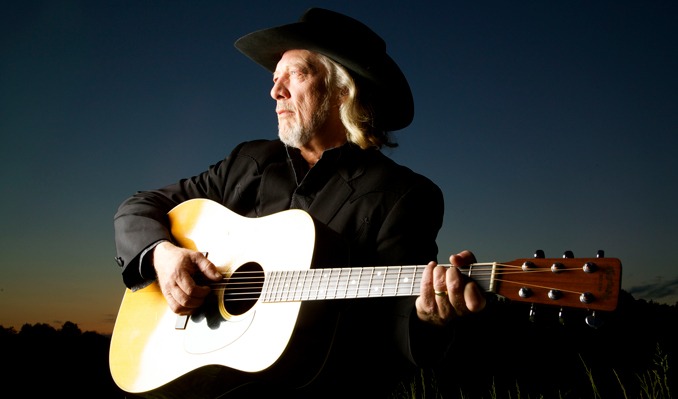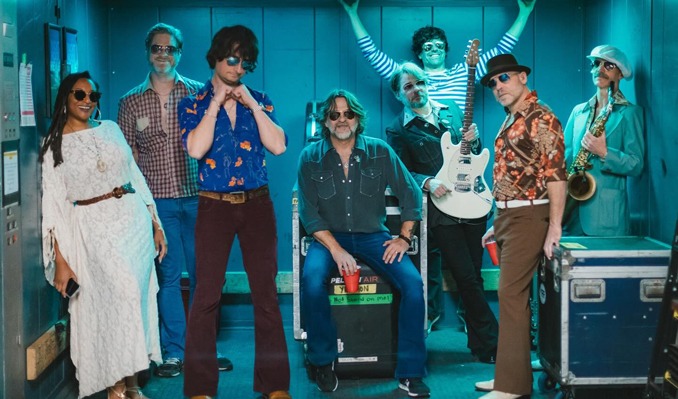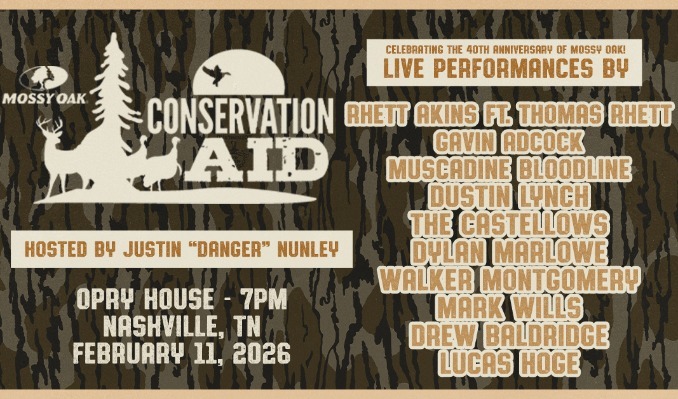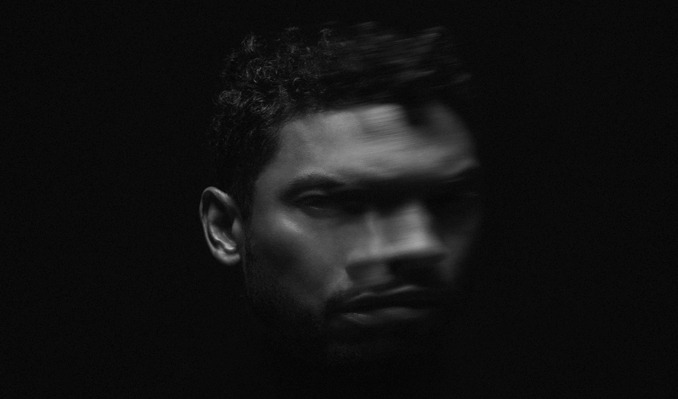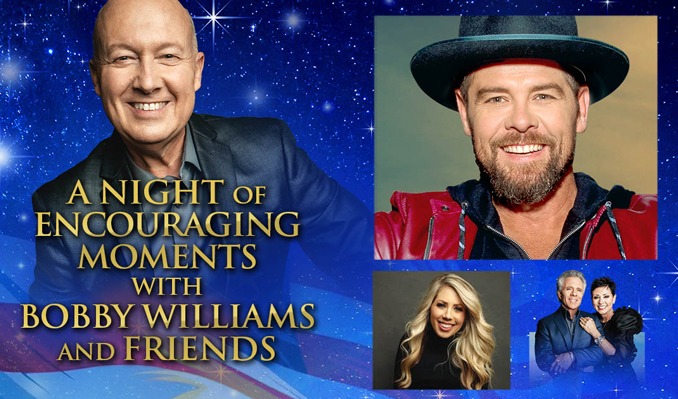Shows
Upgrade your Ryman show experience with the Ford Lounge.
- All Categories
- Opry at the Ryman
- Live at the Opry House
Ryman Auditorium
An Acoustic Evening With John Anderson
Benefiting Vanderbilt Health’s Music Therapy and Hearing Programs
New Date
Opry House
Conservation Aid
with Rhett Akins ft. Thomas Rhett, Gavin Adcock, Muscadine Bloodline, Dustin Lynch, The Castellows, Dylan Marlowe, Walker Montgomery, Mark Wills, Drew Baldridge, & Lucas Hoge. Hosted by Justin "Danger" Nunley
Ryman Auditorium
Clint Black
with John Foster (2/12), Emily Ann Roberts (2/13) and Cody Lohden (2/14)
Ryman Auditorium
A Night of Encouraging Moments with







